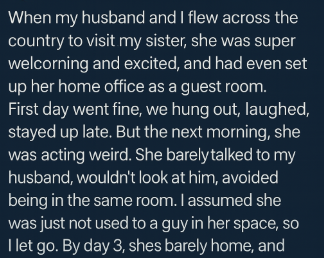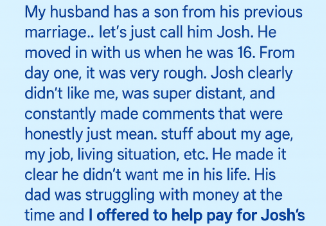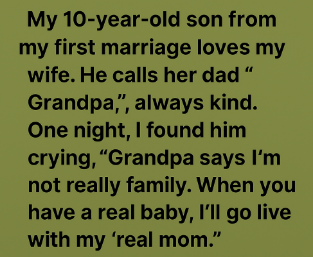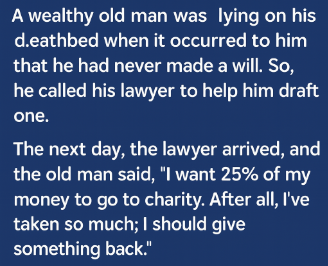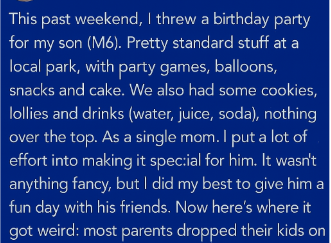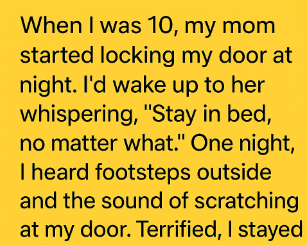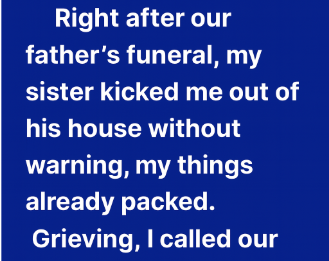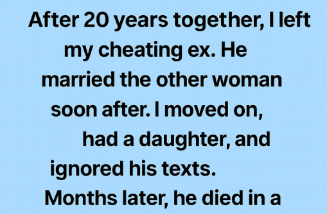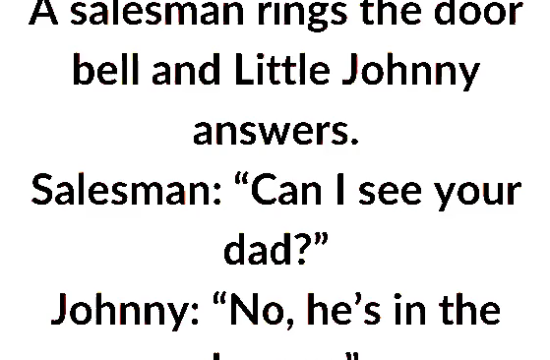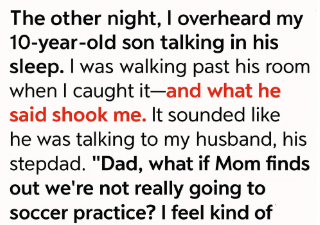Have you ever inherited a family secret?
I gave up everything to care for my brother when he got sick. I stayed on the farm through his last breath, through the long nights and harder mornings. Then came the will. The entire farm—every acre I’d worked, every wall I’d patched—was left to his daughter, Sabina. A woman who rarely showed her face at his bedside.
She didn’t wait long.
“You have three days, Uncle Ray,” she said coldly. “Then I want you out.”
The words felt like a slap. I returned to the farmhouse to gather my things and, on impulse, pulled on my late brother’s old jacket—just to feel him near again. That’s when I found the note.
It was tucked in the inner pocket, brittle and yellowed, addressed simply: “Ray.”
It led me to the old chest in the barn. I opened the lid and found letters—dozens—bound with twine, each one whispering decades of regret, love, and secrets.
The top envelope bore my name in my brother’s shaky handwriting. I unfolded it, heart pounding.
“Ray, if you’re reading this, then I’m gone. And you deserve to know the truth. Our father left the farm to both of us. But I forged the deed years ago to put it in my name. I told myself I was protecting you from the burden, but really, I was protecting myself. Forgive me.”
My knees buckled.
All those years I believed the land was never mine—yet it always had been, half of it at least.
I read every letter that night. They weren’t just confessions; they were a roadmap through our past—tax records, receipts, handwritten notes from our father all confirming what my brother had hidden.
At sunrise, I heard Sabina’s car pull into the drive. Her heels crunched on gravel—too clean for a farm—and her arms were crossed before she even entered the house.
“I see you’re still here,” she sneered.
I laid the letters in front of her. At first, she laughed. But then her expression shifted—confusion, then fear, and something I didn’t expect: guilt.
“These don’t mean anything,” she snapped, voice unsteady. “I have the will.”
I told her calmly that I’d be taking it all to a lawyer. She flinched.
“You’d drag this through the courts?” she hissed. “You’d ruin the family name?”
That’s when I realized—she cared more about appearances than people. But I also realized I didn’t want a war. I wanted peace. So I offered a compromise: “Let me stay until the end of the season. One last harvest. In his honor.”
Her expression twisted. “Why wouldn’t you take it all?” she asked.
“Because the farm was never about money for me,” I said. “It was about him. About family.”
She didn’t speak for a long while. Then finally: “End of the season. Then it’s over.”
That day, I fixed the broken gate, cleared weeds, and tried to bring the place back to life.
Myrtle, our childhood friend, came by with coffee. She read the letters, shook her head, and said, “You could take her to court, Ray. But is that the road you really want?”
I knew what she meant. Was I willing to scorch the last bridge to family?
That night, I called Sabina. “I won’t fight you. I just want one last harvest.”
There was silence. Then: “Okay. End of season.”
From then on, Myrtle stopped by more often. We shared lunch, stories, and memories on the porch. Slowly, the hurt began to loosen its grip.
A week later, Sabina returned with old photo albums. “Thought you might want these.”
We sat on the porch flipping through pages of childhoods she never knew.
She asked questions. She laughed. She cried. And for the first time, I saw a daughter—grieving in her own way.
She started visiting more. She asked about mending fences, tried driving the tractor. She was awful at first, but she kept trying. And in her determination, I saw flickers of my brother.
By September, the corn was tall, tomatoes ripe, and the air turned crisp. One evening, she sat me down.
“I don’t want to sell. Not yet. Maybe… we could run the farm together?”
I nearly dropped the apple basket.
She admitted she didn’t know much—but she wanted to learn. She didn’t want to lose what her father loved.
“I’d like that,” I said.
We made a plan. I’d teach her the land, the tools, the rhythm of the seasons. She’d help with the business—taxes, permits, things I never had the patience for. We fixed the chicken coop, replanted winter crops, argued sometimes, laughed often. And every night, we sat tired but proud.
By winter, the farmhouse was alive again. Myrtle brought pies, neighbors came by for eggs. We weren’t just surviving—we were growing.
Then came the envelope. Sabina handed it to me quietly. Inside was the new deed—giving us joint ownership.
“It’s yours as much as mine,” she said.
I hugged her so tightly, neither of us spoke for a long time.
That spring, we hosted a harvest festival. The fields were golden, kids played tag, and the whole county came out. Sabina and I stood side by side, greeting neighbors. Myrtle baked enough pies to feed them all.
As the sun dipped below the hills, I whispered a thank you to my brother.
That night, on the porch, with Myrtle and Sabina beside me, I realized how close I’d come to losing everything that mattered. But by choosing forgiveness over bitterness, I found something greater: a new beginning.


